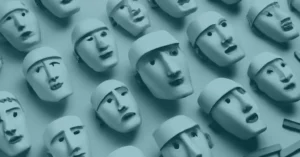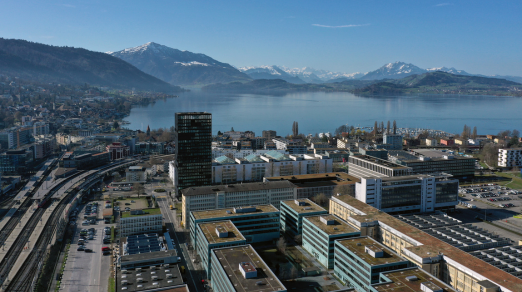The Digital Minefield of Information
Imagine a teenager scrolling endlessly through a social media feed. They are bombarded with posts claiming to reveal the “real truth” behind world events. One video alleges a fabricated narrative about a conflict, while another vehemently denies the existence of a humanitarian crisis. Headlines clash, each louder and more sensational than the last. For someone still forming their worldview, who lacks the tools to critically analyze sources, the digital landscape becomes a minefield.
This is not a hypothetical scenario. Take the war in Ukraine as an example. Misinformation campaigns on social media have painted starkly different realities depending on the source. Russian propaganda efforts flood platforms with claims designed to obscure, confuse, and polarize. Conversely, Western outlets amplify their narratives, often with the same intensity. For an untrained eye, discerning fact from fiction becomes nearly impossible. In this cacophony of voices, the truth—the objective, unaltered truth—drowns.
Economic Manipulation Through Social Media
But this isn’t just about geopolitics. Economic realities are similarly distorted. Influencers on social media, backed by shadowy sponsors, push narratives about investment schemes, cryptocurrencies, or global recessions. These aren’t just get-rich-quick scams; they’re calculated efforts to manipulate public sentiment. A manipulated stock market or panic-induced withdrawals can ripple across the globe, destabilizing economies and ruining lives.
The Vulnerability of the Younger Generation
The younger generation—those born into this digital age—are particularly vulnerable. Their formative years are spent absorbing content at an unprecedented scale, often without a mentor to guide them. Educational systems lag behind, failing to equip students with critical thinking skills tailored to the online world. The result? A generation that equates virality with validity, unable to separate the authentic from the counterfeit.
What’s even more alarming is the psychological toll. Studies have shown that repeated exposure to conflicting narratives can lead to decision paralysis. When every piece of information is suspect, the default reaction is to trust nothing—or worse, to trust everything that aligns with personal biases. This cognitive dissonance erodes not just individual free will but the very foundation of democratic societies. How can citizens make informed decisions when the information they base those decisions on is unreliable?
The Cost of Reduced Content Restrictions
Reduced content restrictions exacerbate this issue. While freedom of speech is a fundamental right, it should not come at the cost of freedom from deception. Without robust mechanisms to verify and flag falsehoods, platforms become breeding grounds for bad actors. Algorithms prioritize engagement over accuracy, rewarding the sensational over the factual. And as the lines blur further, those who seek power—whether governments, corporations, or individuals—exploit this chaos to their advantage.
A Glimpse Into a Frightening Future
The consequences are chilling. Imagine a world where elections are swayed not by policies but by targeted misinformation campaigns. Where wars are justified through doctored footage. Where economic collapses are engineered through viral rumors. This isn’t dystopian fiction; it’s a future that inches closer with every unregulated post, every unverified share.
A Call to Action
The time to act is now. This is a wake-up call—not just for policymakers but for educators, parents, and every individual who values truth. Schools must prioritize digital literacy, teaching students to question sources and analyze biases. Social media platforms must be held accountable, compelled to invest in content verification and transparency. And as individuals, we must adopt a more critical mindset, resisting the urge to take every post at face value.
The battle for truth is not just a fight against misinformation; it’s a fight for the survival of free will, democracy, and informed society. The younger generation deserves better. They deserve the tools to navigate this complex world, to distinguish fact from fiction, and to safeguard their autonomy. Anything less is a surrender to chaos, and that is a future none of us can afford.






